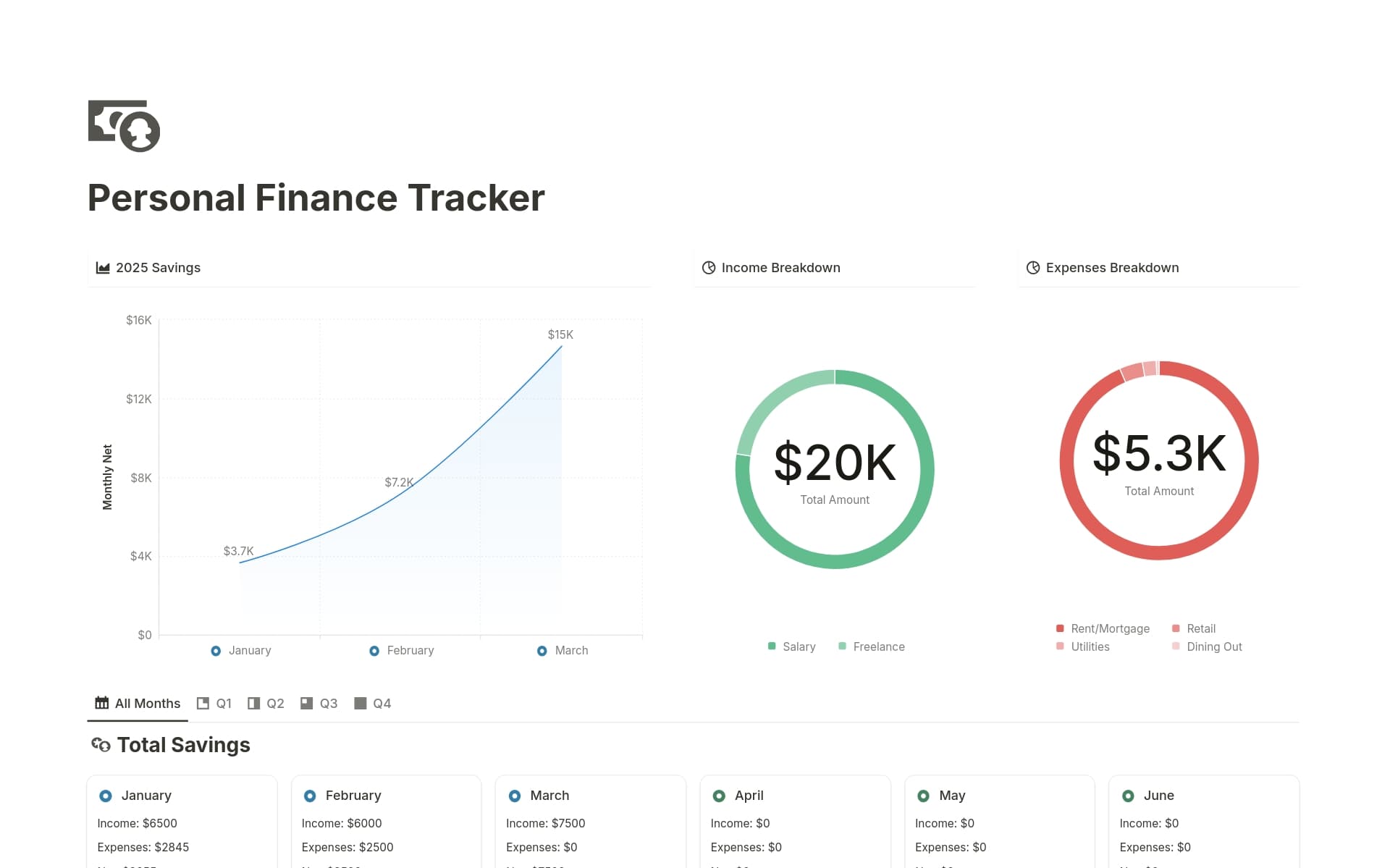Customer Care is essential as it fosters a strong relationship between a business and its customers, ensuring their needs and concerns are addressed promptly and effectively. A well-structured Customer Care template in Notion can streamline the process of managing customer interactions, tracking issues, and providing timely solutions, ultimately enhancing customer satisfaction and loyalty.
Before you dive into creating your own Customer Care system, take a look at these Customer Care Notion templates to simplify the process and ensure you cover all necessary aspects of exceptional customer service.
What Should Customer Care Templates Include?
Choosing the right Customer Care Template in Notion can streamline your support operations and enhance your team's efficiency. Here are key components to look for:
Integrated Communication Channels: Ensure the template supports integration with multiple communication platforms to centralize customer interactions.
Automated Responses: Look for features that allow for automated, yet personalized responses to frequently asked questions, saving time and ensuring consistency.
Performance Tracking: A good template should include tools to track customer support metrics and agent performance to continually improve service quality.
Feedback Collection: It should have a mechanism for collecting and analyzing customer feedback to help identify areas for improvement.
Selecting a comprehensive Customer Care Template empowers your team to deliver exceptional service and maintain high customer satisfaction levels.
What Should Customer Care Templates Avoid?
Choosing the right Customer Care template in Notion is as much about what it doesn't include as what it does. Here are three key components to steer clear of:
Overly Complex Features: Avoid templates that include unnecessary complexities which can confuse users and detract from efficient customer service.
Generic Content: Steer clear of templates that are too generic and don't allow customization to reflect your brand's unique voice and approach.
Fixed Processes: Avoid templates that enforce a rigid process flow, as flexibility in handling customer interactions is often necessary.
Remember, the best template is one that simplifies processes, not complicates them, ensuring a smooth experience for both your team and your customers.











